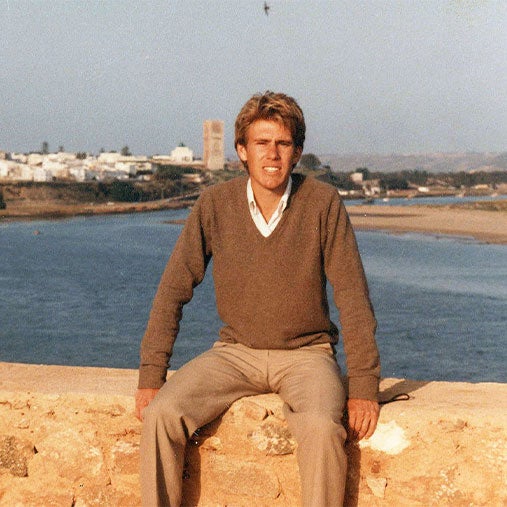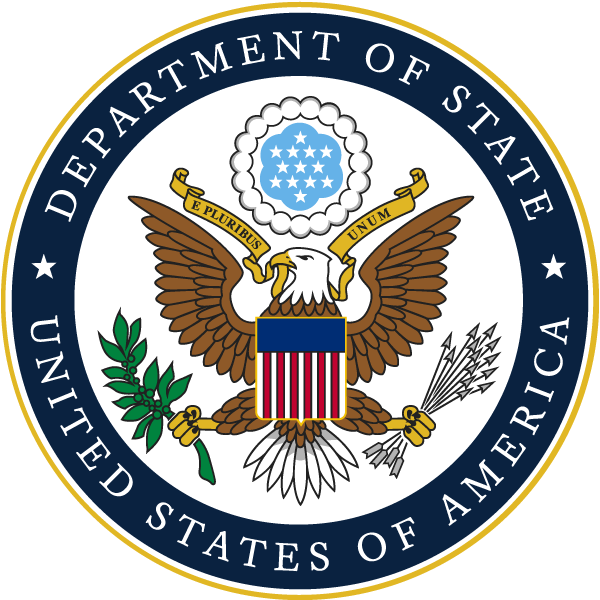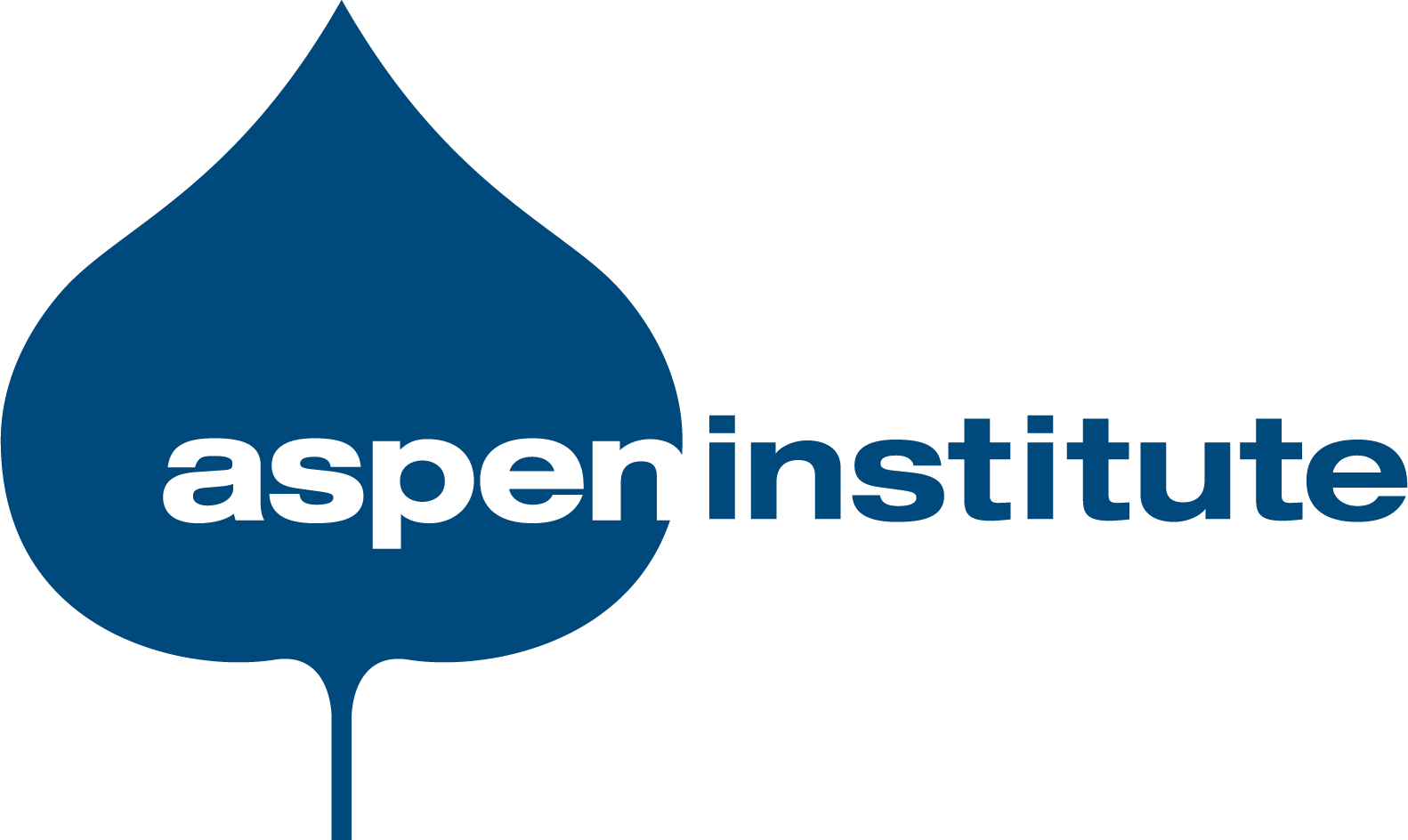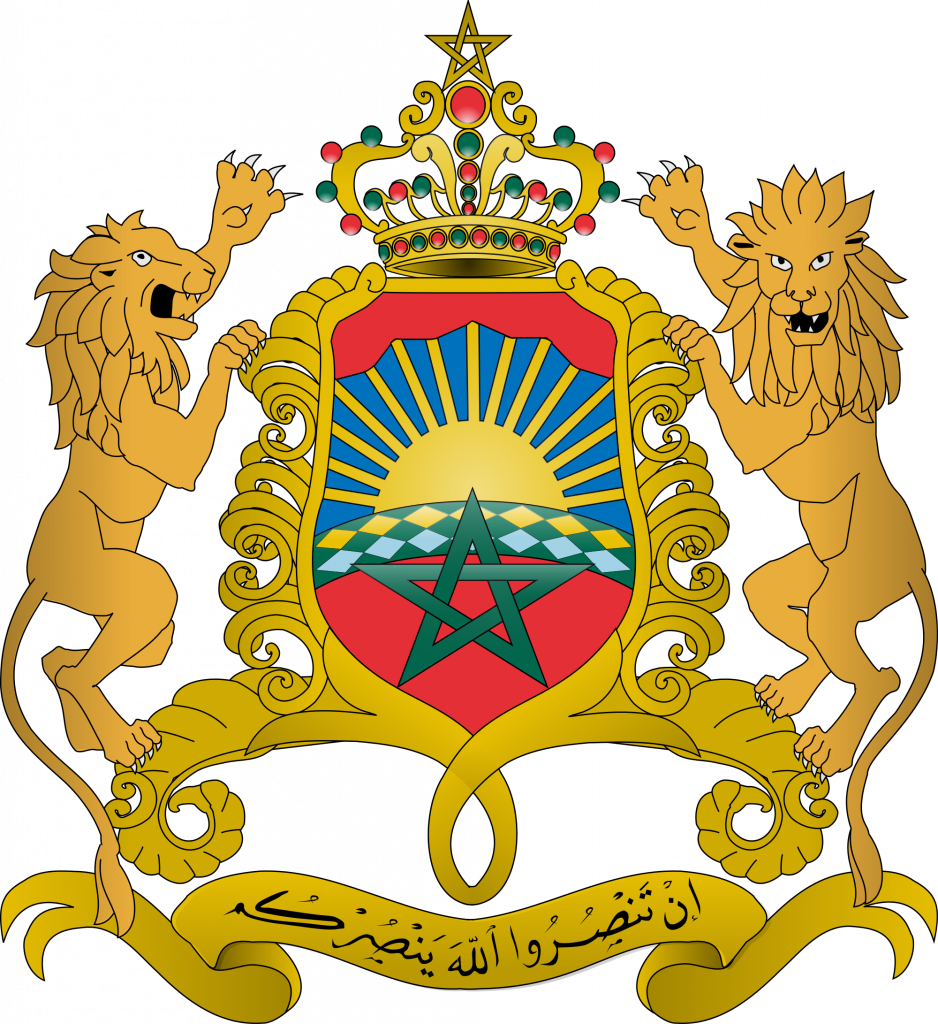The Stevens Initiative takes a digital-first approach to connect young people from around the world. Through virtual exchange, young people have access to substantive international experiences by collaborating and learning with their peers abroad without having to leave their communities. Recognizing the impact that virtual exchange can have and capitalizing on advances in technology, we work to make life-changing, global experiences available to all young people.
What We Do
Our Work
Created in 2015, the Stevens Initiative is committed to helping expand the virtual exchange field through three areas of work:
-
We champion the value and impact of connecting young people from around the world using everyday technology.
-
We empower our network to create leadership opportunities for rising generations.
-
We advance approaches to scale and chart a course for global youth engagement in the future.
U.S. Ambassador J. Christopher Stevens devoted his life to building connections through open and respectful dialogue and person-to-person diplomacy. As a young man, he taught English in the Atlas Mountains of Morocco as a Peace Corps volunteer. Morocco was his gateway to a life as an intrepid diplomat. He served the majority of his Foreign Service career in the Middle East and North Africa, a region he grew to love, and eventually served as U.S. Ambassador to Libya.
The Stevens Initiative, conceived and developed in close partnership with Ambassador Stevens’ family, seeks to give a generation of young people the kind of meaningful international experiences that shaped Ambassador Stevens as a young man.
September 11, 2022 marked ten years since the Ambassador Stevens’ death. Explore how the Initiative has commemorated the ambassador’s life and legacy in honor of this anniversary here.

Our Partners






The Stevens Initiative is housed at the Aspen Institute and is supported by the Bezos Family Foundation and the governments of Morocco and the United Arab Emirates. The J. Christopher Stevens Virtual Exchange Initiative is a U.S. Department of State’s Bureau of Educational and Cultural Affairs program administered by the Aspen Institute.
The Aspen Institute
The Aspen Institute is a global nonprofit organization committed to realizing a free, just, and equitable society. Founded in 1949, the Institute drives change through dialogue, leadership, and action to help solve the most important challenges facing the United States and the world. Headquartered in Washington, DC, the Institute has a campus in Aspen, Colorado, and an international network of partners. Learn more: https://www.aspeninstitute.org/